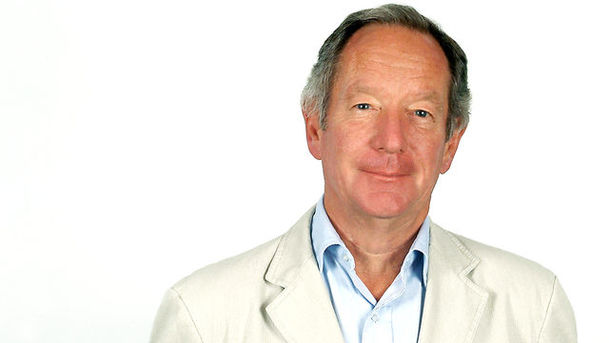Moral Maze - 16/06/2010

The prospect of BP being allowed to drill for oil in the deep waters of the Gulf of Mexico looks almost non-existent, at least for the foreseeable future. BP and the companies they worked with told the regulators it was safe. The regulators looked at the plans and agreed. The risks seemed small and the potential huge. Now, of course, we know differently. But how should we judge risk at the cutting edge of science and technology? It's not just oil of course. MMR, nuclear power, research on the human genome, GM crops and climate change are just some of the many issues where campaigners say politicians, regulators and scientists are ignoring public opinion and safety concerns. The risks, they argue, are just not worth it and the precautionary principle should apply. But should it? To what extent should we be willing to stop innovation in science and technology if we're not certain that we can cope with the consequences when things go wrong? But how do you have a moral debate when some of these issues are so complex that very few people understand them and the science on them is not clear? Do you bow to the democracy of public opinion even when it flies in the face of all the science and possibly deprives the developing world of life transforming technologies like GM crops? Or do we trust in the rationality and good judgement of technocrats - like those who gave us the horrors of Chernobyl and Deepwater Horizon? This isn't just an argument about current pieties. It goes to the heart of the nature of innovation and is therefore about human society and the human condition. Who should we trust to keep us safe? Michael Buerk chairs with Matthew Taylor, Kenan Malik, Claire Fox and Melanie Philips. Witnesses: Julian Morris Author of 'Rethinking Risk and the Precautionary Principle', director of think-tank International Policy Network Maria Lee Professor of Law at UCL, Member of the Royal Commission on Environmental Pollution Professor David Nutt Professor of Neuropsychopharmacology at Imperial College, London Chair of the Independent Scientific Committee on Drugs, Ex- Chair of the government's Advisory Council on the Misuse of Drugs Professor Andy Stirling Research Director for Science Policy Research Unit at Sussex University.